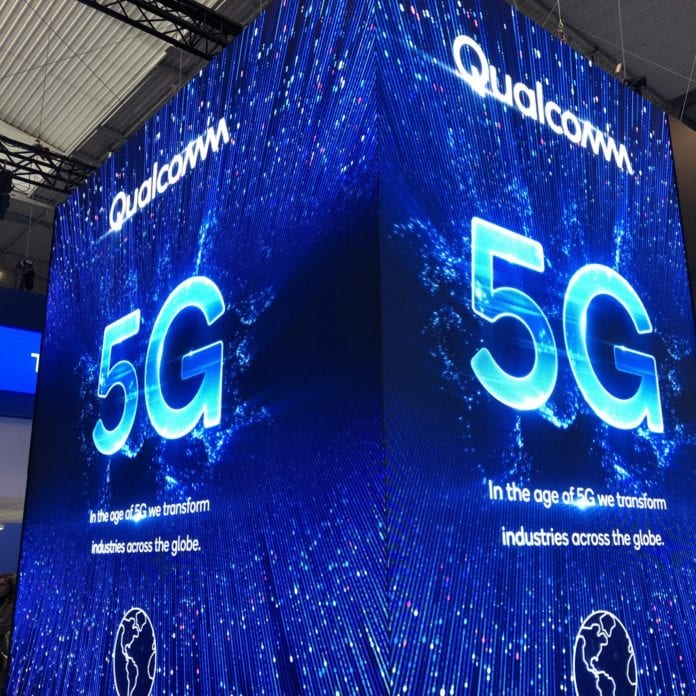Qualcomm and Apple agree to six-year patent and chipset supply
A long-brewing, global battle between Qualcomm and Apple ended yesterday with the two companies agreeing to end all ongoing litigation related to allegations from Apple that Qualcomm took a monopolistic stance with a “no license, no chips” policy related to Qualcomm’s extensive standard essential patent portfolio and pole position in the cellular modem market.
Qualcomm previously provided modems for Apple’s iPhones but the Cupertino firm and its contract manufacturers cut off royalty payments. Apple then switched over to Intel modems. As it relates to 5G, Qualcomm has modems, RF front end components and SoCs in-market today, while Intel has yet to ship a 5G modem.
Shortly after Apple and Qualcomm announced their accord, which also includes a one-time payment from Apple to Qualcomm and a six-year patent license and chipset supply agreement, Intel announced it will exist the 5G modem business.
Intel’s new CEO Bob Swan, in a statement, said the company will focus its 5G-related efforts on cloud computing infrastructure rather than handsets. “In the smartphone modem business it has become apparent that there is no clear path to profitability and positive returns. 5G continues to be a strategic priority across Intel, and our team has developed a valuable portfolio of wireless products and intellectual property. We are assessing our options to realize the value we have created, including the opportunities in a wide variety of data-centric platforms and devices in a 5G world.”
Qualcomm share prices jumped more than 20% on the news, Apple prices were largely flat and Intel was down slightly.
Susquehanna Financial Group Analyst Christopher Rolland called the outcome a “big win” for Qualcomm. Mike Walkley of Canaccord Genuity told Bloomberg, “If [Apple] didn’t settle with Qualcomm soon they’d miss next year’s product. Building their own baseband will take years and Intel is behind. Maybe that was the final thing that got this done.”
Samsung and Huawei both have 5G modems and chipsets. Apple has reportedly discussed 5G components with Samsung and MediaTek, as well as exploring in-house development.
Analyst Anshel Sag of Moor Insights & Strategy considered what’s next for Intel in a series of tweets. “Intel existing modems, if they decide to fully exit, will weaker their automotive and PC plays as Qualcomm is competing with them there as well. However, if you abandon mobile you’re abandoning the leading edge…I don’t know how they can continue.”

